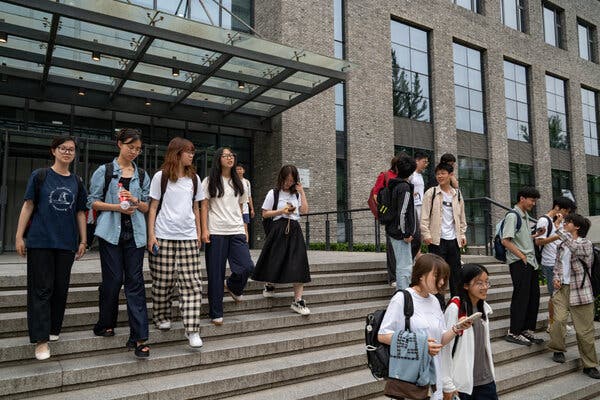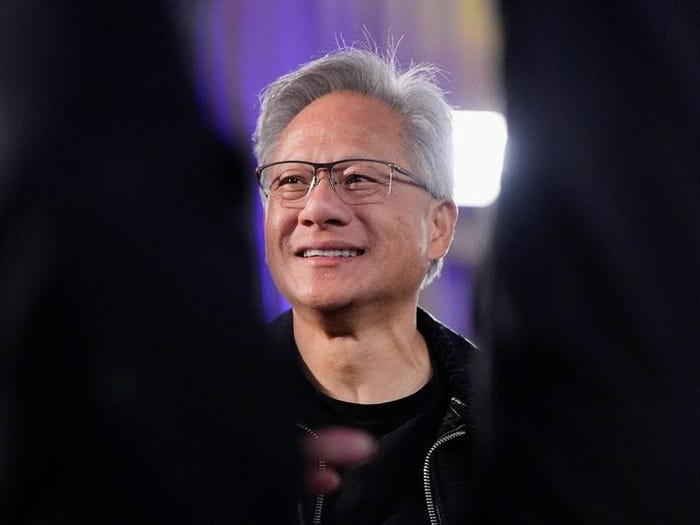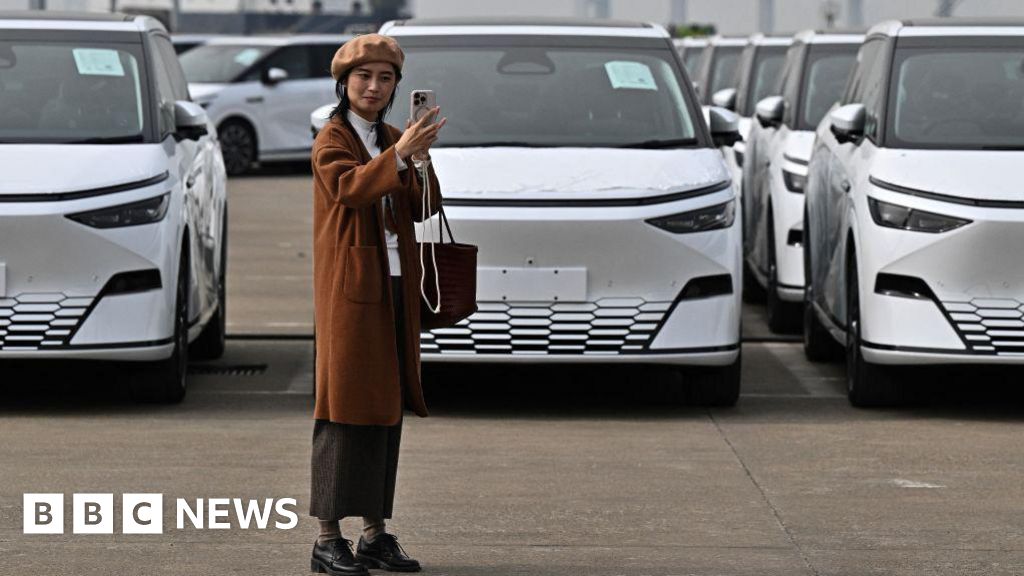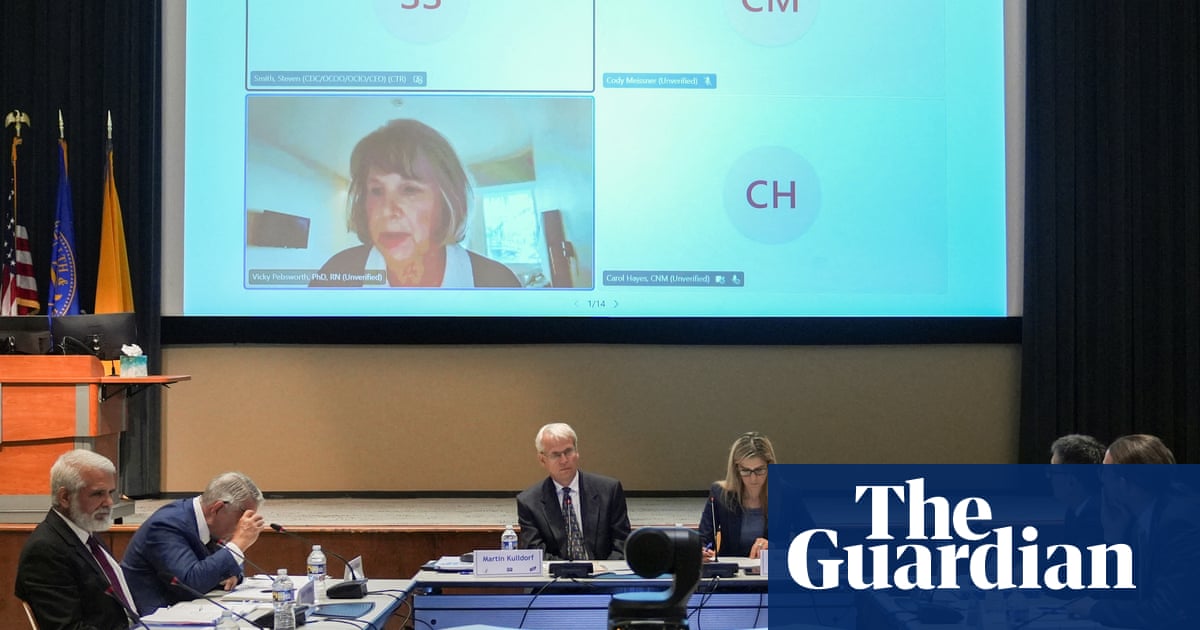China’s New Visa for Foreign Scientists Faces Public Backlash

The Chinese government launched a new visa program aimed at attracting young scientists and technology experts from around the world. Announced just before its intended rollout on October 1, the initiative has sparked significant public controversy, with many citizens expressing concern that it could threaten job opportunities for local talent at a time when youth unemployment is reaching critical levels.
In the days leading up to the visa’s launch, social media platforms were flooded with negative reactions. Commenters accused the government of inviting foreigners to take jobs from Chinese citizens, particularly as the country grapples with a challenging job market. Young Chinese professionals have found it increasingly difficult to secure employment, leading to widespread frustration and anxiety.
Prominent voices within the country have amplified these sentiments. Influencers have voiced strong nationalistic views, suggesting that the influx of foreign talent could overwhelm domestic opportunities. After Henry Huiyao Wang, president of the Center for China and Globalization, praised the new visa, he faced backlash online, with some labeling him a “race traitor.” This sentiment was echoed by a surge of racist comments directed particularly at Indian nationals, following reports that the Chinese visa could serve as an alternative to the popular H-1B visa in the United States, which now imposes a fee of $100,000.
The backlash prompted a response from the Chinese Communist Party’s official publication, People’s Daily, which labeled the criticisms as “outlandish.” The editorial defended the visa, arguing that it would facilitate opportunities for foreign scientists while maintaining that it should not be equated with immigration. Such distinctions raise questions about the true nature and utility of the visa, especially since detailed eligibility criteria have not yet been disclosed.
The job market in China has been a long-standing point of contention. The latest figures reveal that youth unemployment has reached a record high, prompting leaders like Xi Jinping to emphasize the importance of job creation to prevent social unrest. A popular manga author, using the pen name Feng Xi Shen Lei, noted on social media that finding work has become increasingly challenging for everyone, stating, “Given the talent pool in China, I don’t believe that there’s any position in any field that must be filled by a foreigner.”
In defending the visa program, the People’s Daily editorial reassured the public that it would simplify the process for young scientists wanting to come to China. However, the ambiguity surrounding whether the visa would grant work rights, or merely allow for educational exchanges, raises concerns among potential applicants. The government has indicated that a bachelor’s degree in science, technology, engineering, or mathematics from a top university will be a prerequisite, but many young Chinese believe that advanced degrees are necessary to compete effectively in the job market.
The discrepancy between supply and demand in China’s job market complicates the narrative. While many recent graduates struggle to find work, sectors like advanced manufacturing and artificial intelligence are in urgent need of skilled professionals. According to the Ministry of Education, China requires tens of millions more qualified candidates in these fields. Despite producing the highest number of science and technology graduates globally, these individuals account for a smaller proportion of the workforce compared to many Western nations.
Denis Simon, former executive vice chancellor of Duke Kunshan University, advocates for improved transparency regarding the visa application process. He suggests that clearer communication could alleviate public concerns. Nevertheless, he acknowledges that the Chinese government is signaling its intent to recruit more foreign expertise to bolster its scientific community.
The ongoing dialogue surrounding this visa initiative highlights the tension between a desire for international collaboration and the prevailing sentiments of nationalism and job protectionism that are shaping public opinion in China today. The government faces a challenging road ahead as it attempts to balance these competing interests while striving to position itself as a leader in global scientific advancement.






